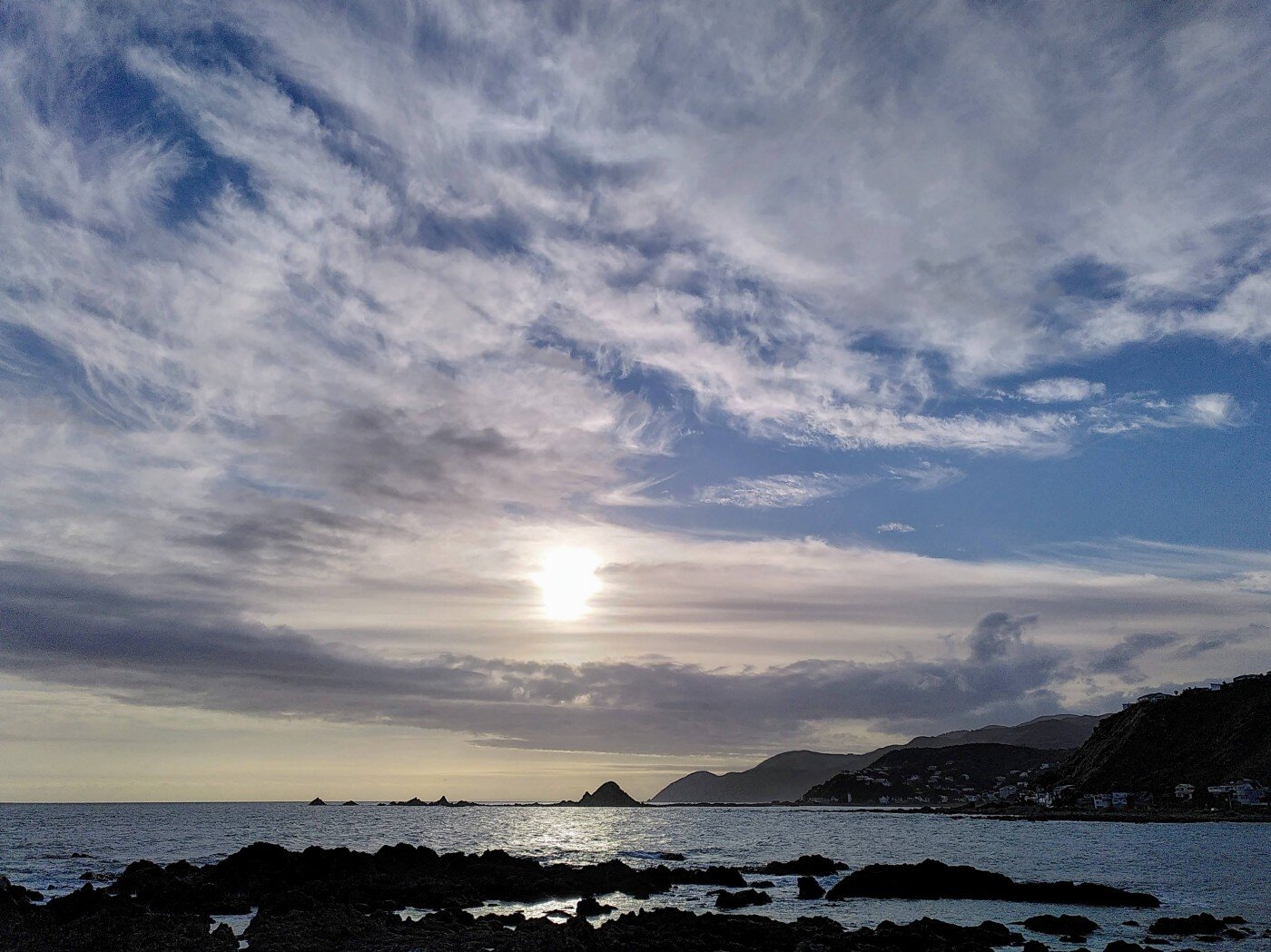The Navigator —Responses to a disrupted world
Hannah Smith
April 9th 2020
These days are challenging in so many ways. We are coming to terms with a new normal. This is not what we thought 2020 would bring and yet here we find ourselves. As The Point People we feel drawn to respond.
The Point People are a close collective of friends and collaborators, who have long found each others’ hearts and minds a tonic. We share an interest in systems thinking, and bring perspectives from diverse professional and personal lives. In these strange days we have found turning to each other nourishing and helpful — and want to share our noticings, learnings and reflections.
This series — The Navigator — will reconcile how we are navigating this moment of collective grief and uncertainty, the transition from a pre-Covid world to a more physically distanced existence and into an unknown future. It will be a record of The Point People’s experiences and reflections over this period. We will share authorship, publish irregularly and allow the content to evolve as our experience does.
We are all grappling, recalibrating, coming to terms with something new and discombobulating. There is so much to navigate — practicalities, possibilities, hopes, thoughts and fears. We hold no answers, but we travel these unknown seas together.
Part 1: Beginning
As the strange new world began to unfold, The Point People network was buzzing with thoughts and noticings. Instinctively it seems, we were drawn to the hopeful things — to sharing and collating what we were hearing and seeing; examples of ways that resources, energy and behaviours were transforming in this unfamiliar time. We were also drawn to connecting more frequently.
In a shared document we asked each other:
What’s an insight you’ve found helpful/something you have observed recently that is helping you navigate everything?
What small acts of kindness/ ingenious workarounds have you seen that you’d like to share/amplify?
What are the new behaviours/dynamics that you’re seeing?
What’s supporting you to be well?
What questions are you asking? (about the crisis or society?)
From our conversations so far, and some of the responses to the questions above, here are some initial reflections and a few themes we’ve noticed emerging. We’ll share more as we go.
Time
Many of us have spoken and shared a new awareness of, a new relationship with time — how ‘time feels weird’ just now. We’ve observed how things seem to be taking twice as long, even though many of the ways we usually spend our time are no longer possible. On our calls we’ve discussed the challenge of ‘unended, unboundaried time’ and shared anxiety about failing to maintain our usual levels of production, contribution and commitment. We share a sense of navigating a new time continuum — seeking to be more deliberate in trying to stay present, and endeavouring to avoid projecting into the future.
Question: What are we learning from this new sense of time?
Fixed Versus Flux
The design thinkers amongst us have been particularly struck by the human ability to innovate, and adapt to unexpected constraints. Whether individuals working remotely, businesses shifting their organisational production to what is needed most or neighbours finding ways to become more connected. It’s all happened so quickly, yet people have been able to respond fully and well. Rapid pivots in business models and innovative collaborations have emerged — like catering companies becoming home delivery services, or fashion labels moving to production of masks and gowns.
We see the importance of keeping resource flowing in a system, as areas of slack and of need rapidly evolve — empty hotels housing key workers, breweries repurposing their production processes to make antibacterial hand gel, people contributing time to mutual aid societies. Much of this is occurring organically through the insight and kindness of individuals reacting to what’s happening. Even in our own system, we see an evolution — we are moving away from fixed modes of interaction and rigid expectations to a more malleable approach — leaning into where capacity exists, and understanding that everything is shifting, all the time, for all of us.
Question: How can we better attune to flows of resource through a system? How can we work with these flows to better support those who are struggling?
Care and Generosity
More generally, we see how COVID-19 is forcing many of us to see more systemically — focusing on relationships and interdependence. Several of us feel we’ve never communicated so much — more regular connection with family and friends and so much purposeful reconnection and kindness. Every day there are new initiatives that seek simply to provide sustenance, care, love — with the expectation of nothing in return. From teddy bears in windows to enliven family walks, to online art, language, dance classes, museum tours — there is a sense of generosity and mutuality. We are offering more to our fellow humans, finding ourselves friendlier, less hurried in our everyday interactions — it feels like we’re being softer somehow.
The Point People are also reminding each other to go gently — to take time to ease into this entirely new, extremely challenging period of our lives. If we don’t write, produce, learn, create, do all the time, it’s OK. If we feel overwhelmed or bewildered sometimes, it’s OK. We are reminding each other that we don’t need to have all the answers — compassion, kindness and ‘threads of love here and there’ might just be enough for a while.
Question: What are we learning about care?
On that note, more soon. Expect some thoughts on what we’re learning about place, complexity and emergence. ’Til then, stay safe.
The Point People x
Photo credit: Hannah Smith
Chapter compiled by Hannah Smith.
Contributors: Sneh Jani-Patel, Abby Rose, Cathy Runciman, Nish Dewan, Beatrice Pembroke, Sophia Parker, Ella Saltmarshe, Anna Mouser, Eleanor Ford, Jennie McShannon, Sarah Douglas, Jennie Winhall, Cat Drew, Victoria Stoyanova, Kyra Maya Phillips & Joana Casaca Lemos.
